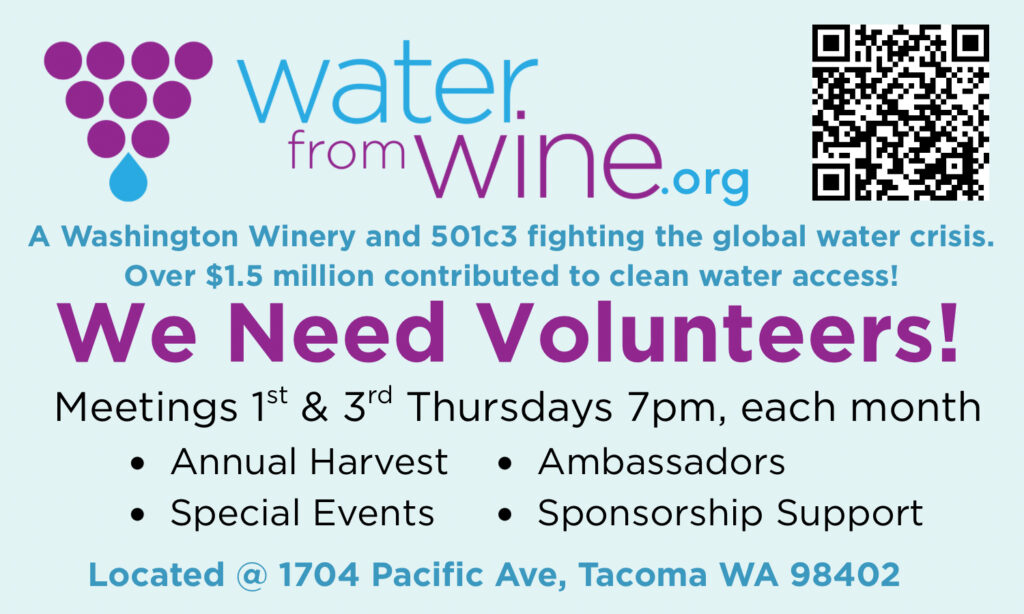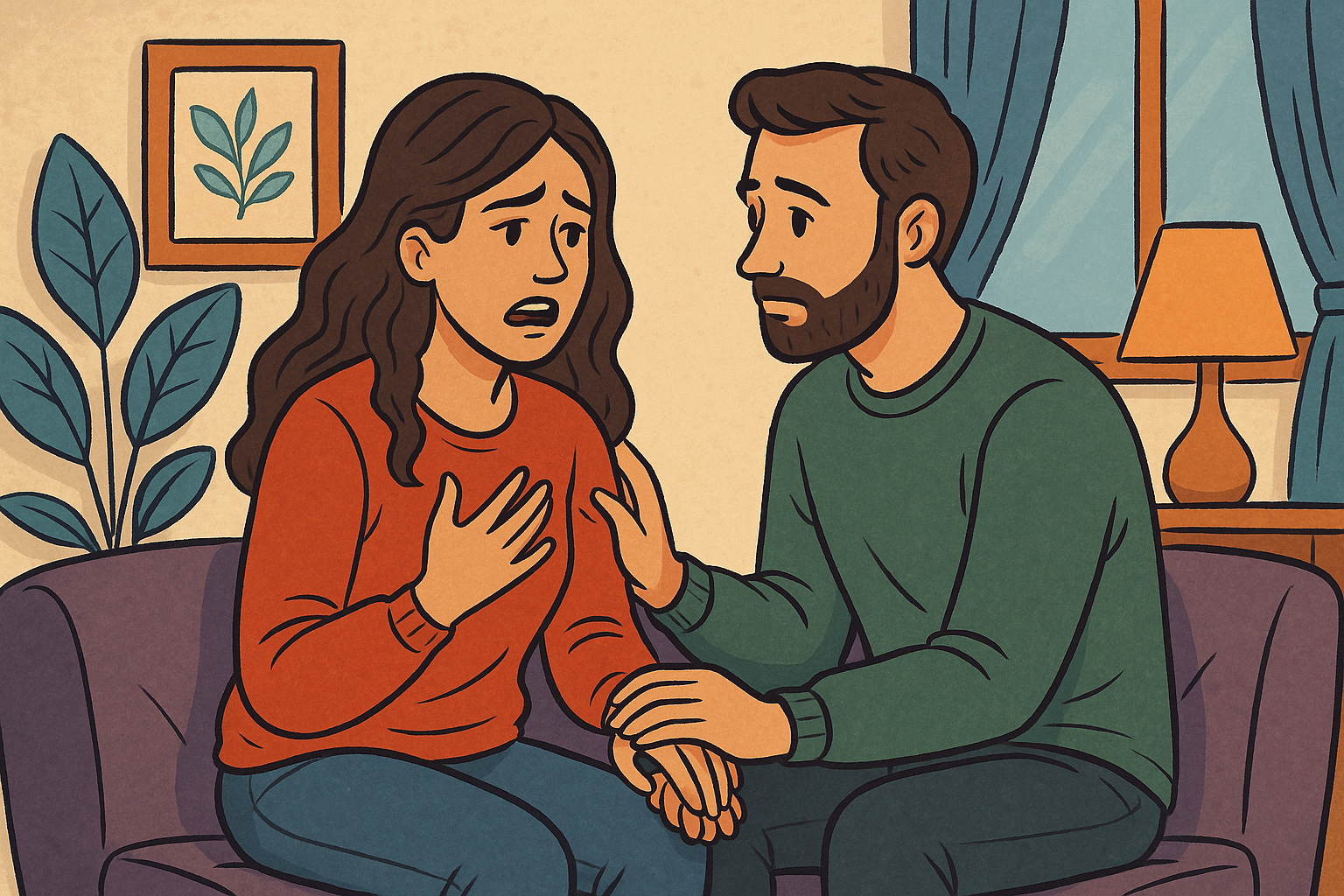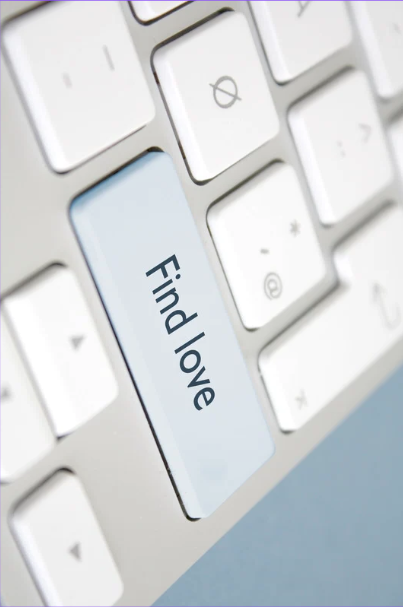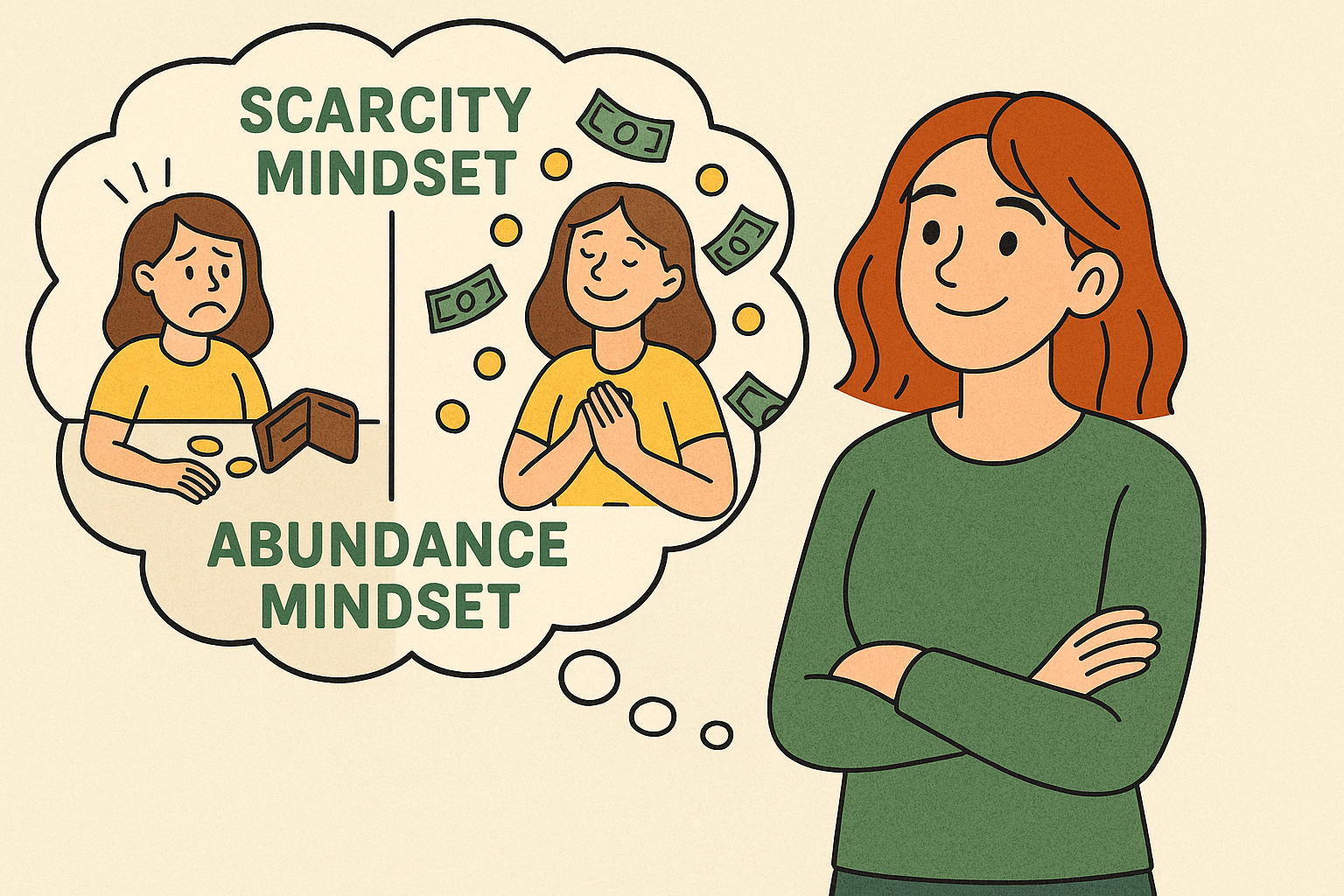BY AARDE WRITES for WEEKLY VOLCANO 8/8/25 |
Hey Aarde,
My partner and I got into an argument recently, and she said that I don’t understand her. It really hurt me to hear that she feels that way. She elaborated by saying that I “don’t see or hear her,” and it broke my heart. I believe I understand her better than she thinks, and I take her into account. I am willing to make changes if I can comprehend what she’s saying. What am I doing wrong? What makes someone truly feel understood by someone else?
Signed,
Missing Something
Hey Missing Something,
I hate the kinds of arguments that feel like you’ve ended up in a different simulation; they really stick to your senses and can feel like quicksand to get out of. Let’s acknowledge that one huge performance you’re excelling at is having the ability to reach out for help to learn how to navigate understanding another person who you love, as well as being willing to make the necessary changes to live a healthy, happy relationship for both people.
I noticed you used the word always, a word dear to my heart, but not to my past boyfriends and therapists. Always is a definitive statement that does not allow for nuance or outliers and represents all of time with no exceptions—and we all know that there are exceptions to our self-perceived perfectness (insert chuckle). Sometimes admitting that you may not always understand her makes you human; it makes you vulnerable to making mistakes, and vulnerability is attractive.
Know that it’s okay to make mistakes, especially when you’re willing to stay accountable for how your actions may affect others and correct course where needed. Removing the word always from the sentence indicates that there are times when you might not take her into account; this is where her reality exists (she may not exist here all day, every day). Still, there are physiological reasons why she could get stuck on these mistakes. Suppose she is a menstruating human who subconsciously analyzes her choice of partner for the majority of her cycle’s luteal phase. You see, her DNA is programmed to question your value as a partner every time she finds herself without a reproductive purpose (every month), regardless of her personal beliefs about motherhood. She then likely has a period of passive grief as her body and mind catch up to each other (like, she isn’t actually trying to have children at this time, or she is and is facing disappointment in not conceiving).
Unfortunately, many women are unfamiliar with the importance of honoring, providing space for, and reframing what their luteal phase might be presenting on an unconscious level, even if it isn’t in their agenda. To be straight, her DNA’s job is to alert her that you might not be the right guy to continue her DNA lineage. She will start giving you the stink eye any time you remind her that you aren’t perfect. Give her space and loving kindness to help her navigate something she might not even be aware is happening. The great news is that women’s health is starting to be taken seriously, allowing women to learn more about their bodies than in the past.
Now, let’s shift the focus onto your actions so that you can remain accountable for your presence in this relationship. I’m sure you’ve heard the term active listening before, and it isn’t always about repeating what someone said back to them. Sometimes it’s about being so present in the moment that you pick up on what is not being said. You can do this by watching body language, noticing tone changes, and recognizing the emotional safety you’re capable of providing someone who is working out what is troubling them verbally.
We don’t always know what we feel or how to find a solution; sometimes, all we know is that something isn’t right, and that is a scary place. Sometimes I’m unsure what I want until I hear myself saying it out loud. Having a patient, kind, and empathetic listener is imperative to reach a place of concession (special thanks to my partner here).
Eye contact and gentle touch can also show that you are making yourself available and that your intentions are safe. My partner and I practice heart meditation when we are feeling disconnected. We sit facing each other, one hand on each other’s heart, and practice eye contact; this creates a sense of connection, vulnerability, trust, and love. Granted, we are not always in a position to sit down, hold hands, and stare into each other’s eyes; it is fair to ask your partner to wait until you can offer your full attention. “I’m a bit overwhelmed right now and want to give you the attention you deserve. Can I listen to this story in an hour?”
It may seem challenging for some, but asking follow-up questions is an effective way to demonstrate active listening. “How did that make you feel?” “Do you want my opinion or do you just need to vent?” or a simple “Tell me more about that” goes a long way.
Being heard and being seen are similar yet distinct in one way: someone can do all the right things, be present, ask questions, make eye contact, and demonstrate an understanding of conversational needs. However, being seen means that your authentic self feels genuinely accepted and truly loved while also being heard. You can demonstrate this by showing appreciation for her unique experience, expressing her thoughts back to her to show you understand, confirming that her thoughts resonate with you, and that you share similar moral perspectives.
The responsibility lies in the effort you put forth to show your community (aka your partner) that you accept them and that you care. “Become a connoisseur of your partner. Learn what words, acts, expressions, gifts, and touches are the most meaningful and desired—when you get out of your world and into your partner’s, then your little acts of kindness become momentous.” —John Van Epp, PhD.
I recommend discussing her love language in detail (not what she gives, but what she needs to receive), and practicing a guided couples’ heart meditation together on YouTube (look around to find one that resonates with you); I can attest that it has helped me feel seen in my relationship.
Got questions? Email Jdaarde@gmail.com.







